Damn. It happened again. A person whose skin is black was murdered for no reason other than the color of his skin. In February, his name was Ahmaud Arbery, out for a run, followed and hunted down by white men. For no reason. In May, his name was George Floyd, drunk and suspected of passing a counterfeit $20 bill, but overpowered and murdered by a police officer, while other cops watched. For no reason. How many incidents have taken place in between that were not caught on video? How many times must this story play out?
What is a nice, privileged white woman like me supposed to think, feel, write when police officers torture a man for eight minutes, hearing him scream until he dies? I am horrified. I am sad. I am angry. My heart aches.
I react as a mom, and I cry. George Floyd cried out for his mama as he died. In that moment, he was my son, all our sons. The boys whose hands we held crossing the street and to whom we read stories at night. The boys we taught to behave, pick up their belongings, be polite. Yet, I never had to teach my son to not wear his hoodie over his head, to not put his hands in his pockets, to not walk alone.
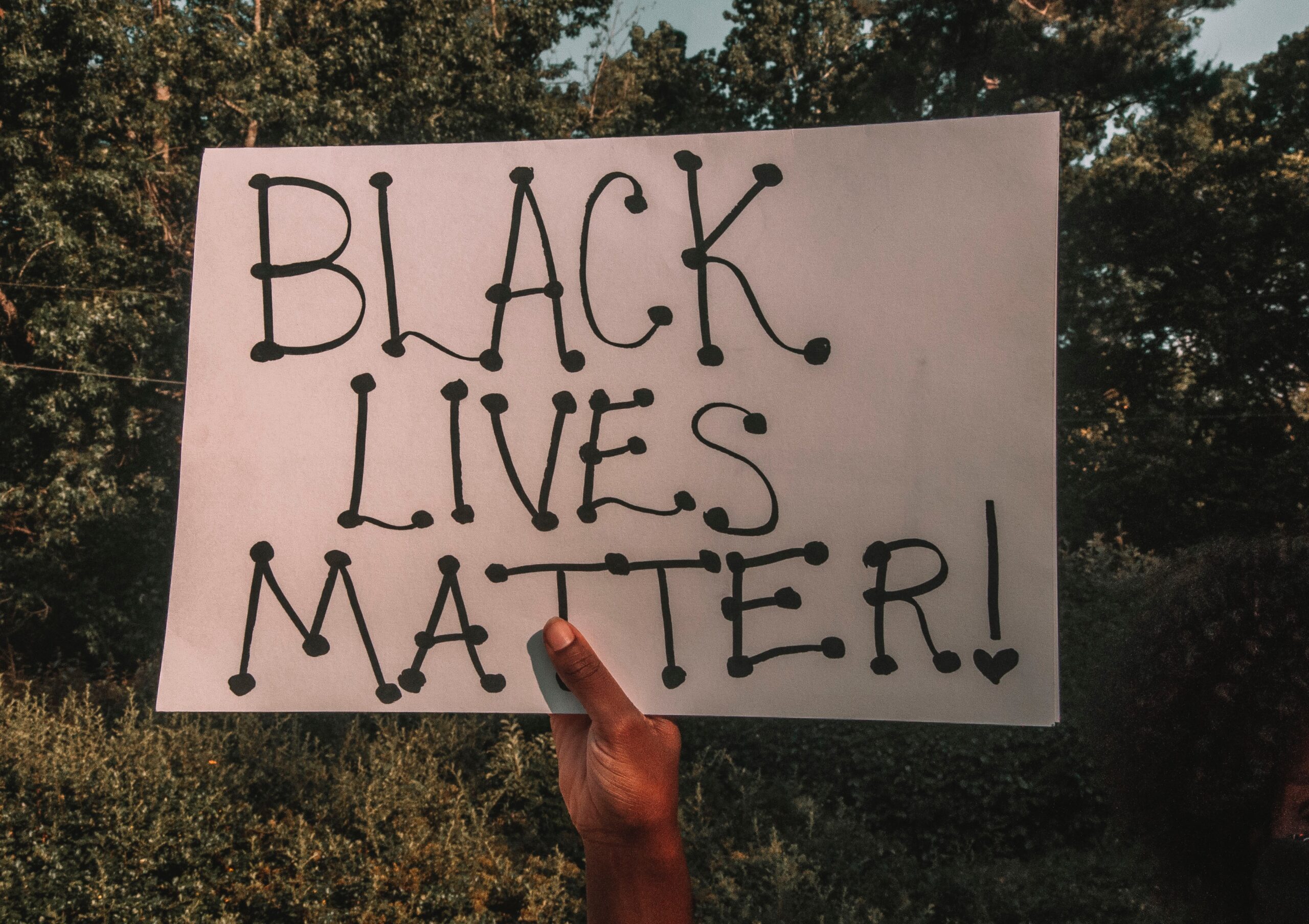
Because of his skin color. The. Color. of. His. Skin.
In 1968-69, I was a shy, very white fifth grader when the Gainesville, FL public schools mandated racial integration. I was bused from my middle-class suburban home to an inner-city elementary school with other fifth and sixth graders, as their first-fourth graders were bused to my neighborhood school. Another girl and I were the only white children in our new class. I certainly wasn’t *woke* enough to realize this was often the experience of black children, to be the one who stands out, to be taught by someone who didn’t look like me. What I remember most is recess, when all the black girls gathered around me on the playground. I was terrified, until they began gently stroking my hair. My wavy, fine, soft white girl hair. No one threatened me or hurt me; they only wanted to feel how different my hair was from their own. After that, we played. The lesson stuck with me – the differences are mostly superficial.
It’s been more than 50 years since that day. I thought things were progressing through these years. My children attended school and played soccer with kids of all races and ethnicities, and it wasn’t a big deal. I worked with people of all colors, some higher on the food chain and some lower, but we worked with kindness and respect. However, I thought more about the slights I felt as a woman than I did about the racial inequities in our leadership team. I guess I saw what I wanted to see, and that’s not good enough.
I think of myself as an ally for all people, certainly not a racist. I’ve always had black friends. But have I been antiracist, have I stood and made my voice heard? No, and I need to understand how I can be an effective advocate for people of color. As the frustration and anger boils over, I’m learning from the truth of those who speak or write about their lived experiences. I am humbled by friends who are mothers of black boys and black girls, as I ponder the conversations they have and the fears they face. I am leaning into their pain and my own discomfort. I acknowledge my white privilege and discuss it with my adult children, who understand theirs. I must speak up. I must not be bullied into silence by fear. I must never say this is not my problem or my fight. I know I can’t fix it, but I can fight it.
Because I am a mother, and every mother’s child deserves a fair chance. Justice. Black lives are threatened, and black lives matter. As civil rights activist Angela Davis said, "In a racist society, it is not enough to be non-racist; we must be antiracist."
I know I will never fully get it, but I must do the work and try. I’m starting by reading, listening to podcasts/interviews, and talking to my friends of color. I’m compiling resources from several lists, but I welcome your suggestions.
Where I’m starting
“So You Want to Talk about Race,” by Ijeoma Olou
“I’m Still Here,” by Austin Channing Brown
“Freedom is a Constant Struggle” by Angela Y. Davis
“How to Be an AntiRacist,” by Ibram X. Kendi
Websites
Books I’ve read and can recommend
Non-fiction:
“Just Mercy,” by Bryan Stevenson
“Deep South Dispatch,” by John Herbers and Anne Farris Rosen
Fiction:
“Everybody’s Son,” by Thrity Umrigar
“Small Great Things,” by Jodi Picoult
“Little Fires Everywhere,” by Celeste Ng
“The Hate U Give” and “On the Come Up,” by Angie Thomas Photo cred: Maria Oswalt
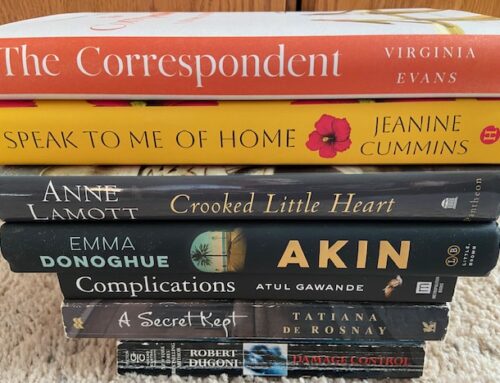

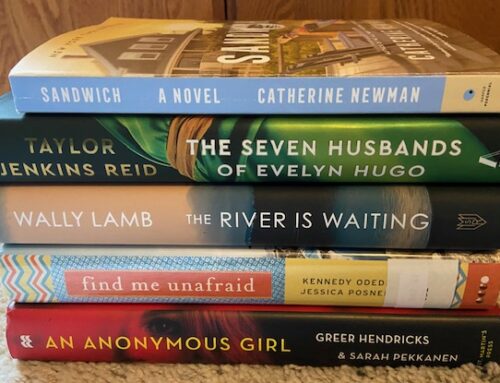
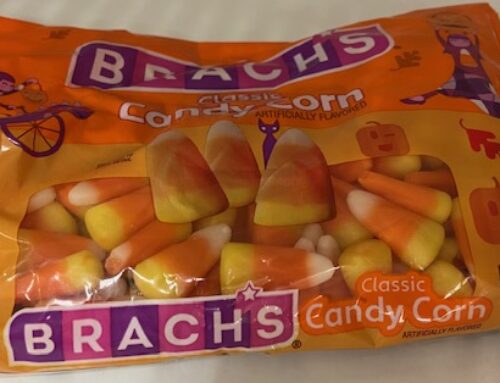
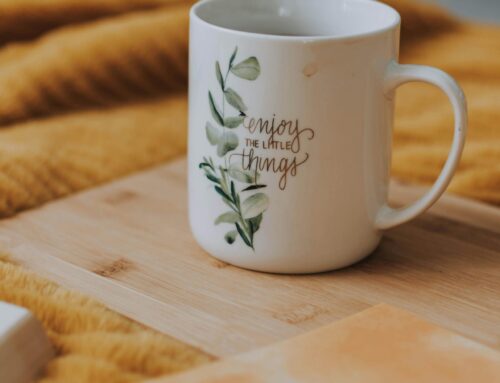
Powerful piece, Cindy. I can’t stop reading, thinking about the real fear black people feel in every day life. Out for a run or bird watching in the park or murdered by a cold hearted, white cop because he “fit the description” for a possible forgery charge.
Thanks, Beth. I’m in the same place.
[…] seeing inklings of major social transformation, with a more substantial push for racial justice. Can we finally, fully turn that […]